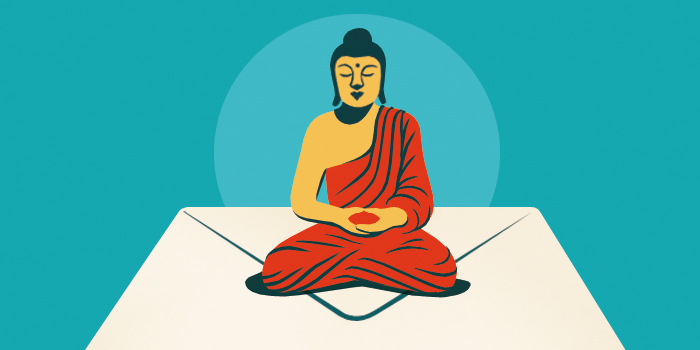Is there a Buddhist position on assisted suicide?
Assisted suicide is a hot-button issue in many Buddhist communities, as it is in most communities. From a strictly orthodox perspective (as in forms of the Theravada tradition), any kind of suicide, even to alleviate one’s own extreme physical suffering or encroaching dementia, is viewed as the greatest possible form of harm and as an act that creates tremendous negative karma that will profoundly affect future births and lives. It cuts short an individual’s ability to work out accumulated karma and find awakening in this lifetime. Assisted suicide goes a step further by implicating someone else in ending the sick person’s life.
Certainly, many Buddhists are either conflicted about the question of assisted suicide or take the opposite stand from the orthodox one. Many see it as an act of compassion, on the part of both the person who wants to die and the one assisting. And when it is undertaken by both parties with a clear mind and the intention to relieve suffering, Buddhists have argued, it is less likely to generate bad karma or an unfortunate future rebirth. It is also unlikely to result in the dying person’s mind being clouded by fear and pain during the transition from this life to the next.
Still other Buddhists, particularly those who work in palliative care and hospice settings, say that assisted suicide should be considered on a case-by-case basis; judging it harshly, they believe, is as much a problem as the act itself.

Tricycle is more than a magazine
Gain access to the best in sprititual film, our growing collection of e-books, and monthly talks, plus our 25-year archive
Subscribe now